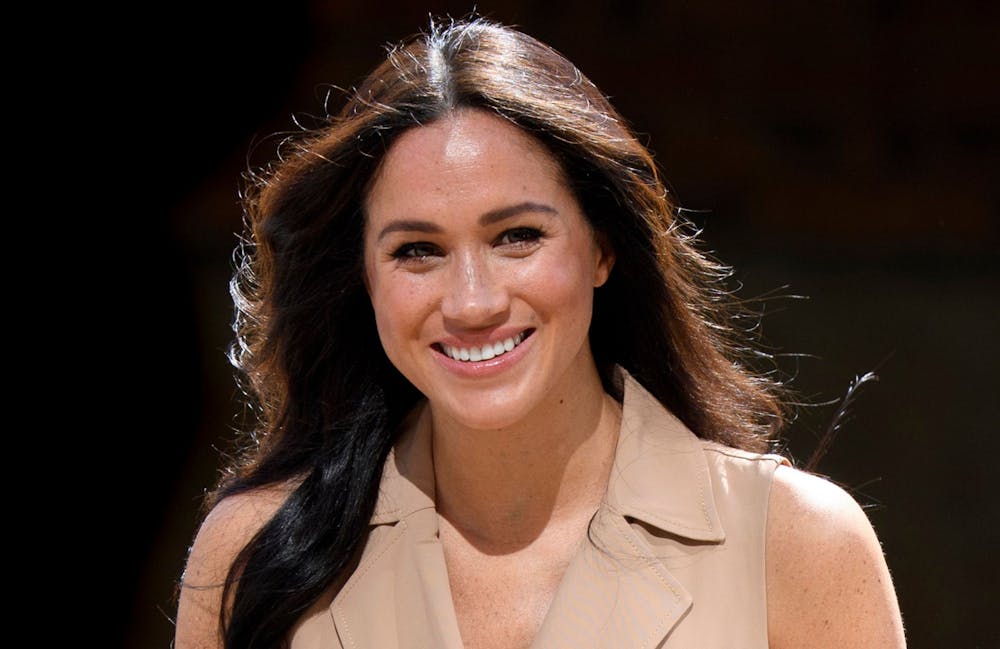The moment when you are able to see a character, public figure or celebrity on your television screen and say, “Wow, they’re just like me!” is exciting.
And, for many, a lack of representation affects when and how often that moment arises.
On Dec. 8, I cheered those exact five words with tears in my eyes and a smile on my face as I watched the new Netflix docuseries, "Harry & Meghan."
This was not the first time that I had seen someone who “looks like me,” but it was the first time that someone verbatim described what it is like, in Markle’s words, “to be a minority but not be treated as a minority right off the bat.”
Although Markle is biracial with a Black mother and a white father, she said that, before going to the United Kingdom, most people did not treat her like a Black woman. That conversation did not have to happen for her. Her mother, Doria, reflected that if she could go back in time and have that conversation about how the world would see Meghan, she would.
Our situations are not identical – I was raised by two Black parents, both of whom had grown up in heavily segregated areas during the Civil Rights Era. Our family contains multiple generations of mixing, but when it came to the United States Census, the box for “Black” was always the only one checked by my parents and grandparents. It was not until 2000 that people could choose more than one race.
They made sure that I had the race conversation multiple times throughout my life about how the world sees me. But they did not know that, as I got older, the way the world saw me had shifted, and people began to question more frequently if I was or was not Black — just as Markle has experienced.
As a kid in a predominately white suburban town, I was the only Black kid in my class. Now, in a world that is exponentially increasing in diversity, I tend to instead be pushed into this “other” category where my Blackness comes into question.
Hearing Markle say the phrase, “to be a minority but not be treated as a minority right off the bat,” was preaching to the choir. I have always been treated as “other,” but that “other” means not always being treated as a Black woman, something my parents so frequently emphasized.




